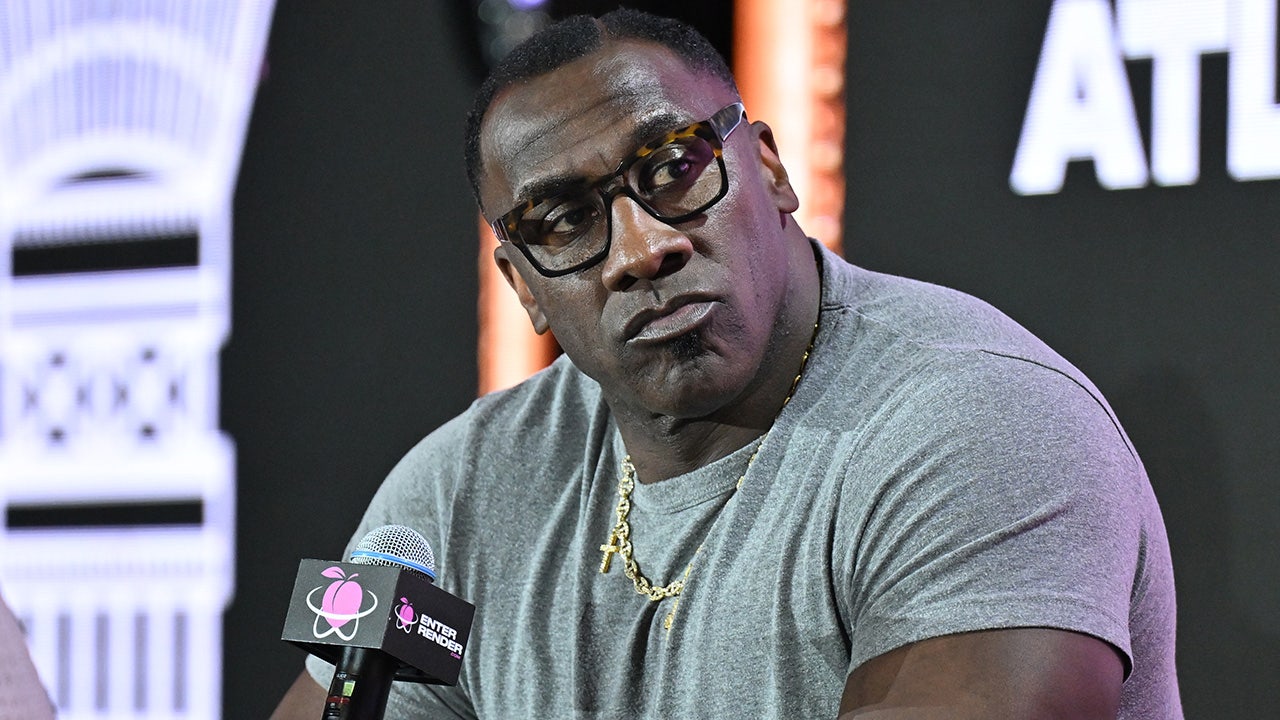The company powering Telegram’s technology will name Maximilian Crown as its new CEO Thursday, NYNext has learned.
The move both steadies the ship for the encrypted messaging app’s one billion users — after its founder and CEO Pavel Durov was arrested in Paris last year as part of what was seen as a free speech crackdown — and is a sign of Telegram’s intent to scale its multi-purpose app, sources told NYNext.
Crown’s hiring, sources explain, is a sign Telegram, and the blockchain technology which supports it’s growing platform, is full-speed ahead despite efforts from governments to access internal data from users of the app, which prides itself on offering complete anonymity.
Telegram has become a so-called “Super App” similar to a product like China’s WeChat, because it has grown to include an ecosystem allowing users access to additional features like games, shopping, and payments.
Crown will head the non-profit Telegram Open Network (TON) foundation, also known as the Open Network, which has an exclusive deal to power the technology behind the app.
Crown — who was the longtime CFO and COO at crypto trading platform MoonPay, valued at $3.4 billion — will help expand TON’s presence in payments.
Crown has, through his work with MoonPay, proven his skills at navigating complicated legal landscapes by receiving approval to operate in multiple European countries as well as the US, sources add.
Telegram Open Network has a rocky history. After Telegram launched in 2013, Pavel and Nikolai Durov created the Telegram Open Network to power the app through blockchain technology for fast payments and planned to launch a cryptocurrency called Gram (later Toncoin).
They raised $1.7 billion in 2018 to fund the launch of the coin to support Telegram, but fell afoul of the SEC in the US. The government sued TON saying it had not properly registered its Gram currency for sale, and made them give back $1.2 billion in funding and pay a $18.5 million civil penalty in 2020.
Undeterred, Telegram let the open-source community take over development of TON and eventually they were able to integrate its tech into the Telegram app again and it now runs the apps shopping, payments, and games.
TON itself has 41 million active accounts and 121 million Toncoin holders, including major institutions like Sequoia Capital and Benchmark.
Toncoin tracks the value of Telegram to an extent — when Durov was arrested it dropped more than 15% (though it has surged nearly 25% more recently). French authorities’ actions sparked worries Telegram might reduce its blockchain initiatives to satisfy regulators.
European authorities, particularly France, have cracked down hard on apps like Telegram, which they allege enable highly illegal activities such a human trafficking and drug dealing due to lax moderation.
Alongside Signal, Telegram has become a leading messaging app for billions of users looking for a secure and encrypted text service where messages disappear after a certain time. Its encryption ensures privacy so almost no details about who a user is messaging and what they’re talking about can be accessed by snooping authorities.
This story is part of NYNext, an indispensable insider insight into the innovations, moonshots and political chess moves that matter most to NYC’s power players (and those who aspire to be).
Those features have won the support of free speech activists, but were also enough for the French government to arrest Russian-born Telegram founder Durov. He was jailed for 96 hours last August for allegedly allowing Telegram to be used for criminal activities, the first app founder to be charged because of content on their platform.
They claimed Telegram had inadequate content moderation and did not cooperate fully enough with law enforcement. While Durov was eventually freed and allowed to leave France, where he is a citizen, he still faces charges in the country for alleged involvement in supporting alleged criminal activity. The case is ongoing.
Durov and free speech advocates, including Elon Musk, have strongly condemned the arrest, warning government access to apps — even for national security — is an infringement on individual rights and opens the gates to further surveillance of private individuals.
In a post on X earlier this week Durov warned that lawmakers in France keep pushing to let a government backdoor access Telegram messages.
“No country is immune to the slow erosion of freedoms. Every day, those freedoms come under attack — and every day we must defend them,” Durov wrote.
Send NYNext a tip: [email protected]














